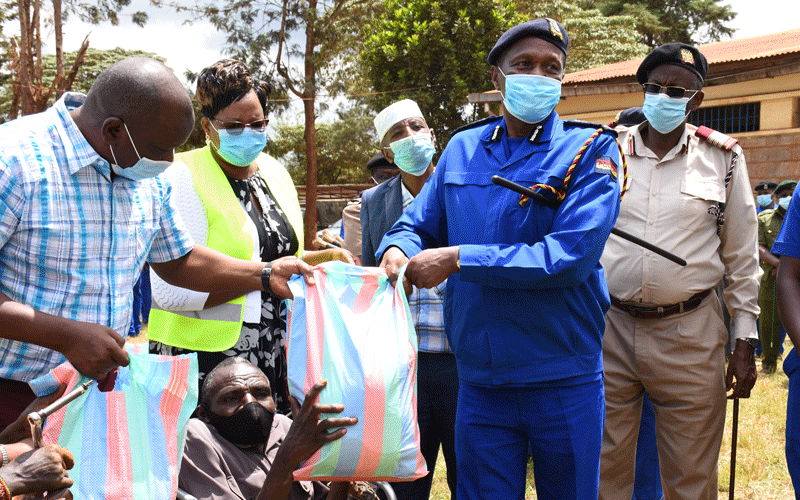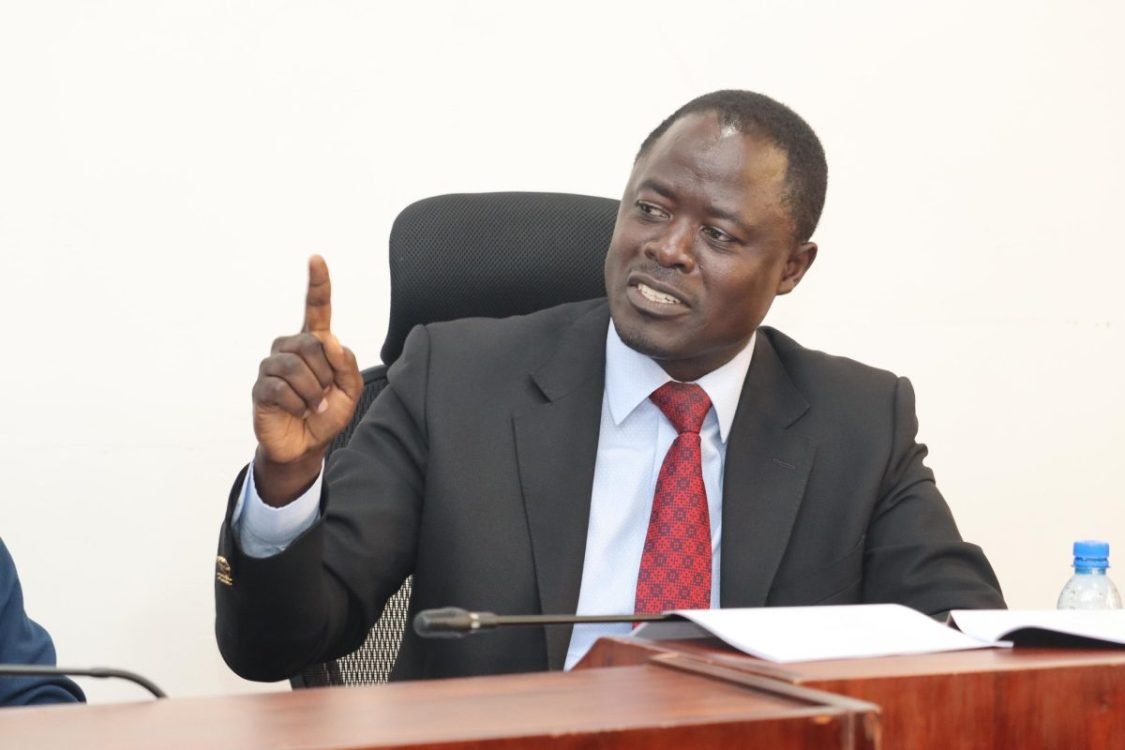Police suffer acute shortage after exit of 3,000 officers

The police force has been facing acute staff shortage as there have been no recruitments in the last two years.
Deputy Inspector General of Police Edward Mbugua said this has severely hampered the day-to-day working of the National Police Service (NPS).
He revealed that about 3,000 police officers had left the service in a span of three years.
Speaking in Murang’a County at the weekend,the Deputy IG, said the government would soon initiate the recruitment process this financial year and address the problem in a few months.
“Some of the officers have retired, others resigned and a number have died,” he said.
He said the department has been under pressure to increase the number of police stations in various parts of the country but they have not been able to due to financial constraints.
“Setting up security structures is a costly venture. We do not have the funds to implement this right now but I would urge Parliament to consider allocating more money towards this,” he said.
However, he said the shortage of officers should not be an excuse for the serving police not to perform their duties diligently.
He warned that any officers who sleeps on their job shall be laid off and face disciplinary action.
He at the same time urged members of public to embrace community policing saying this would make the work of the officers much easier.
Illicit liqour
“Numerous crimes happening in our communities are being perpetrated by people known to us.
The best thing to do is to report them to the police” he said. He cited drug peddling and illicit liquor brewing as some of the areas where police require collaboration with the public.
He spoke when he graced a food donation exercise, which had been organised by Ahadi Kenya Trust where 500 people living with disabilities benefited.
Ahadi boss Dr Stanley Kamau on his part proposed that police officers be recording statements for the PWDs from their homes.
Kamau said when these people fall victim of an incident, most of them are not able to get to the station to record statements and thus don’t get justice.
“We can have the officers get to the homes of the victims and record the statements,” he said.










